
Why buy an EV with Tom Wood
24/7 EV experience team
Simply text day or night with any questions you have about driving electric. Their expert team is here to help you make the most of your EV.
Home charging coordination
Looking to maximize your electric experience by installing an at-home charger? They'll coordinate everything from start to finish.
EV onboarding
Unlock the full potential of your electric vehicle with our comprehensive one-on-one onboarding. They'll show you the best tips and tricks for maximizing your EV incentives.
Which EV is Right for Me?
Ready to Shop?
Benefits of Plugging In
96%
Owning an EV
Understanding Charging
Charging times vary depending of the type of charger used.
Level 1 chargers use a standard household outlet and charge about 2-5 miles of range per hour, making Level 1 a good choice for plugin hybrid vehicles but not battery electric vehicles.
Level 2 chargers can be installed at your home by a professional electrician and charge about 10-20 miles of range per hour. A good choice for any EV when charging overnight or all-day is possible.
Level 3 fast chargers are the most efficient and can be found at commercial locations. Level 3 can charge about 60-80 miles of range in about 20 minutes, making it a good choice for any EV when a quick charge is needed on the go.
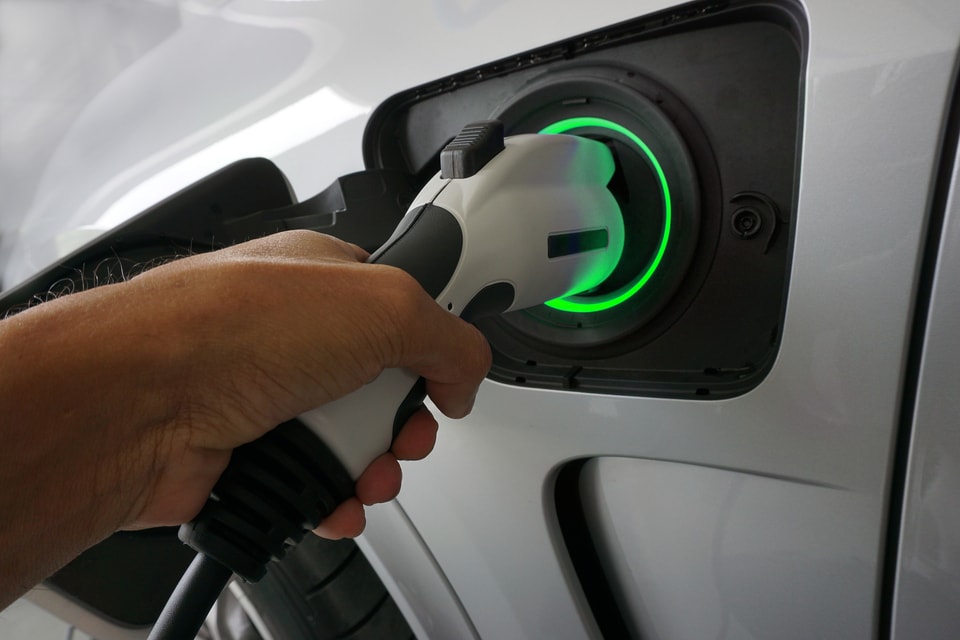
Charging from Home
For plugin hybrid vehicles a standard outlet (Level 1) will be enough for overnight charging. For battery electric vehicles, a Level 2 charger will require professional installation by a licensed electrician. If you live in an apartment or condo, consider talking with the property owner about installing a charger or use a nearby public charger. Talk to our sales staff to find out more about charging from home.

Battery Care
Most batteries will last between 100,000 and 200,000 miles when properly cared for. With battery technology continually advancing, that number will continue to increase. If you can keep your battery between 20% and 80% charged most days and avoid extremely hot temperatures, you can expect your maintenance to be minimal.
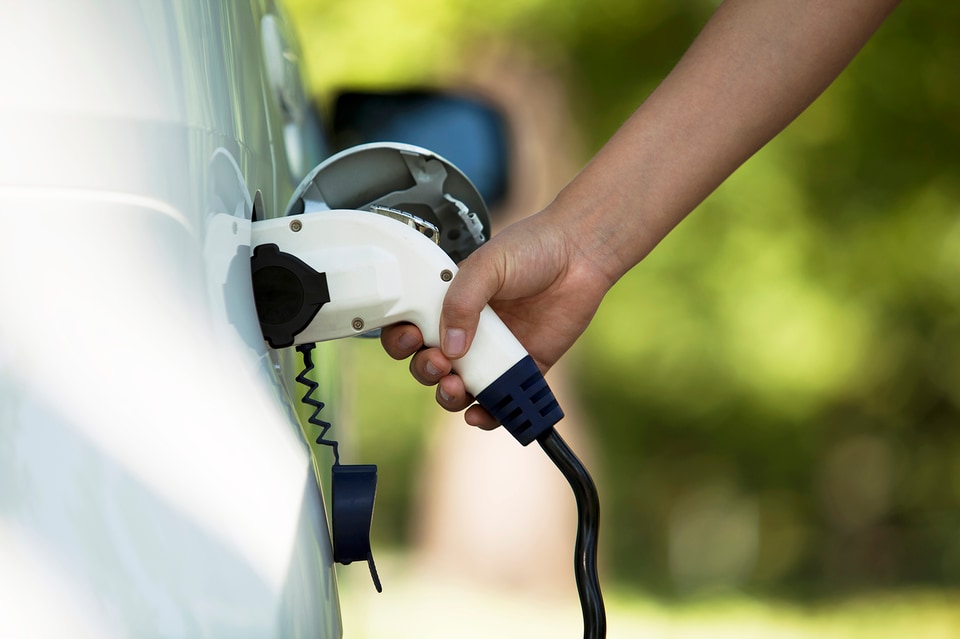
Charging Stations Near Tom Wood Auto Group
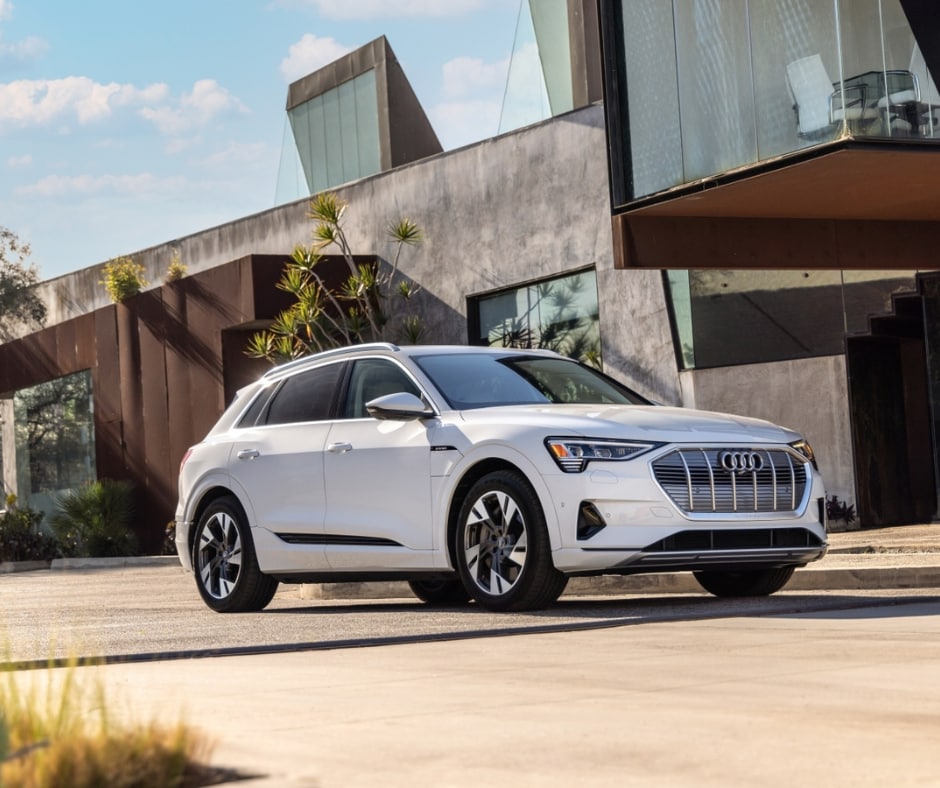
Audi e-tron
- Starts at: $65,900
- After $7,500 tax credit: $58,400
- Horsepower: 402
- Combined fuel economy: 78 MPGe
- Estimated range: 222 miles
Audi Q4 e-tron
- Starts at: $43,900
- After $7,500 tax credit: $36,400
- Horsepower: 295
- Combined fuel economy: 95 MPGe
- Estimated range: 241 miles
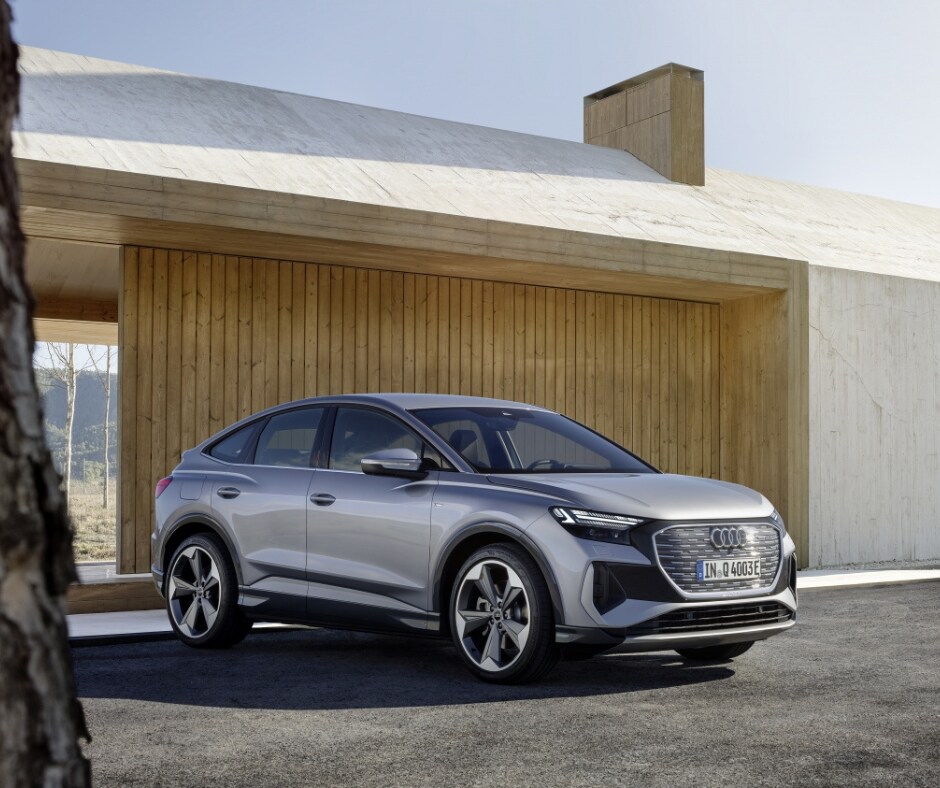
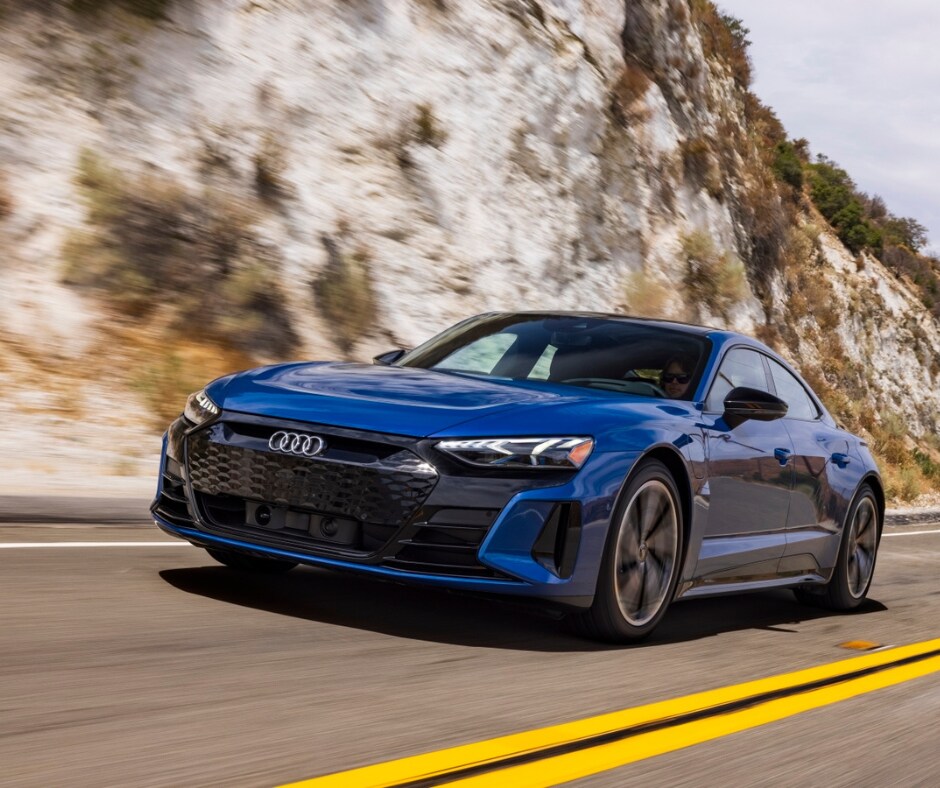
Audi e-ton GT
- Starts at: $102,400
- After $7,500 tax credit: $94,900
- Horsepower: 469
- Combined fuel economy: 82 MPGe
- Estimated range: 238 miles
Ford Mustang Mach-E
- Starts at: $43,895
- After $7,500 tax credit: $36,395
- Horsepower: 266
- Combined fuel economy: 103 MPGe
- Estimated range: 247 miles
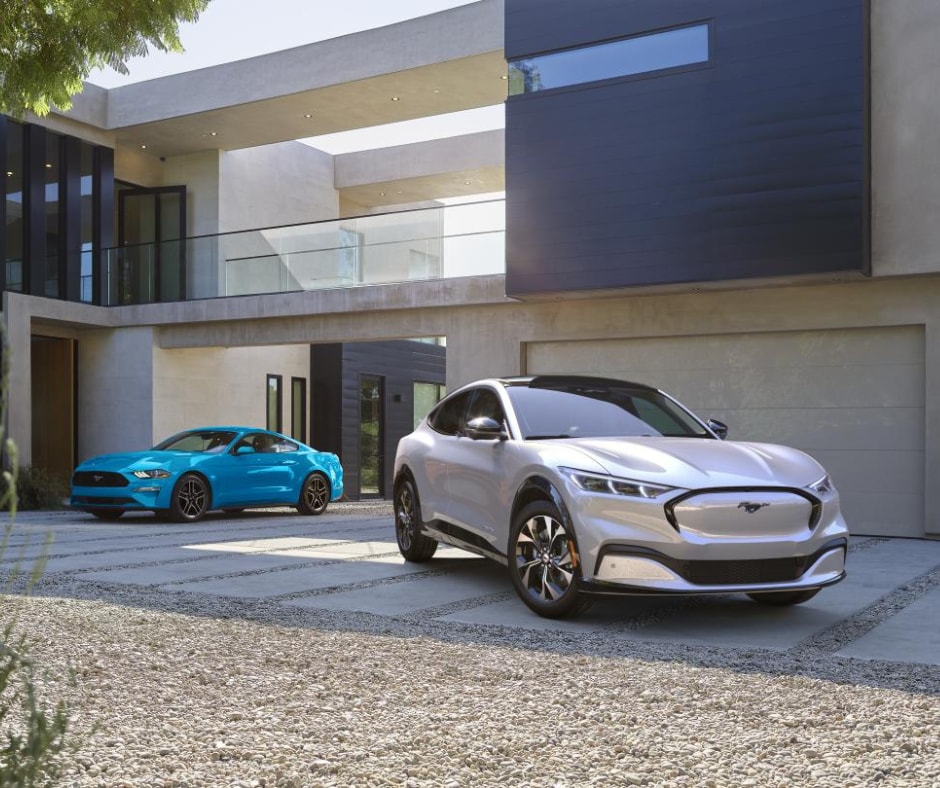

Jaguar I-Pace
- Starts at: $69,900
- After $7,500 tax credit: $62,400
- Horsepower: 394
- Combined fuel economy: 76 MPGe
- Estimated range: 234 miles
Nissan Leaf
- Starts at: $27,400
- After $7,500 tax credit: $19,900
- Horsepower: 147
- Combined fuel economy: 111 MPGe
- Estimated range: 149 miles
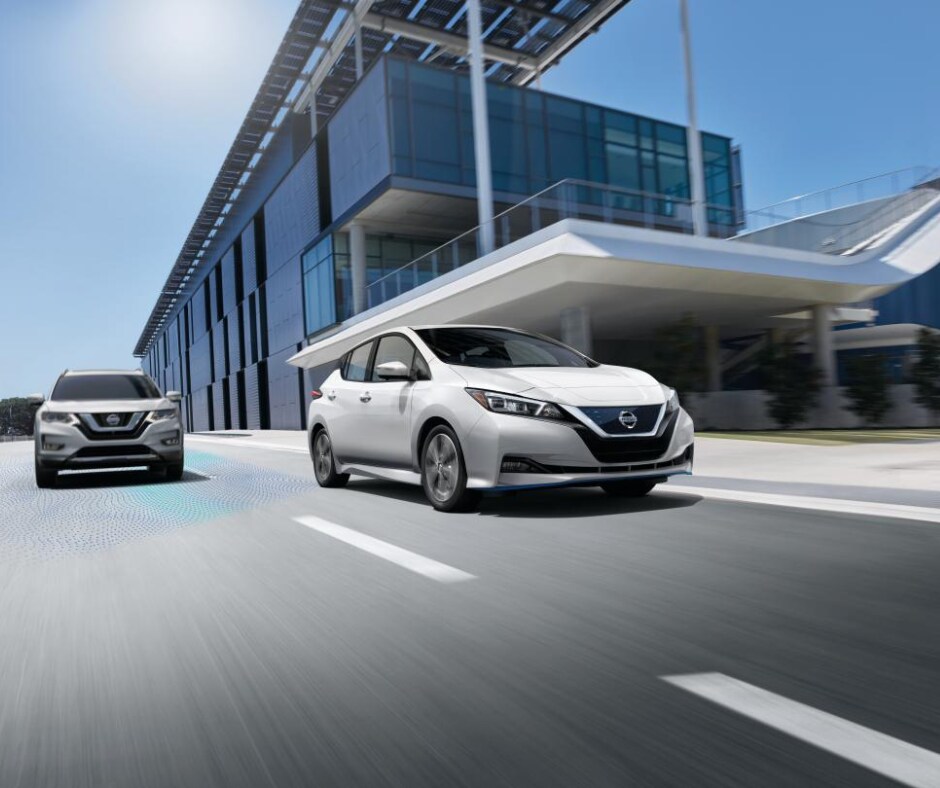

Porsche Taycan
- Starts at: $82,700
- After $7,500 tax credit: $75,200
- Horsepower: 321
- Combined fuel economy: 79 MPGe
- Estimated range: 200 miles
Volkswagen ID.4
- Starts at: $40,760
- After $7,500 tax credit: $33,170
- Horsepower: 201
- Combined fuel economy: 99 MPGe
- Estimated range: 260 miles
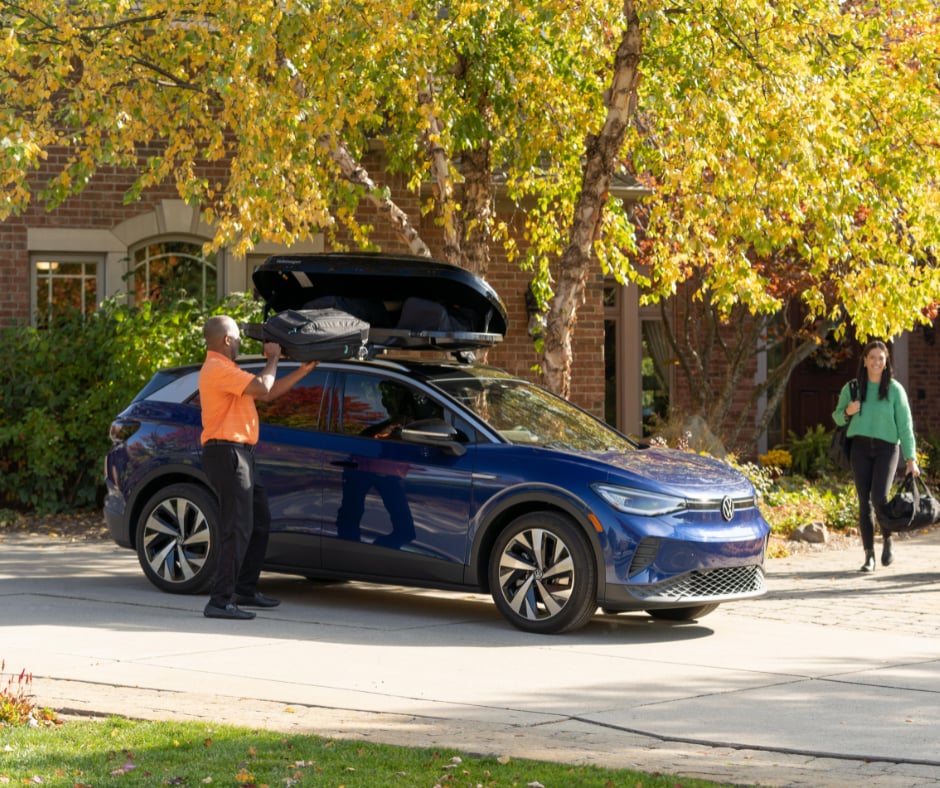
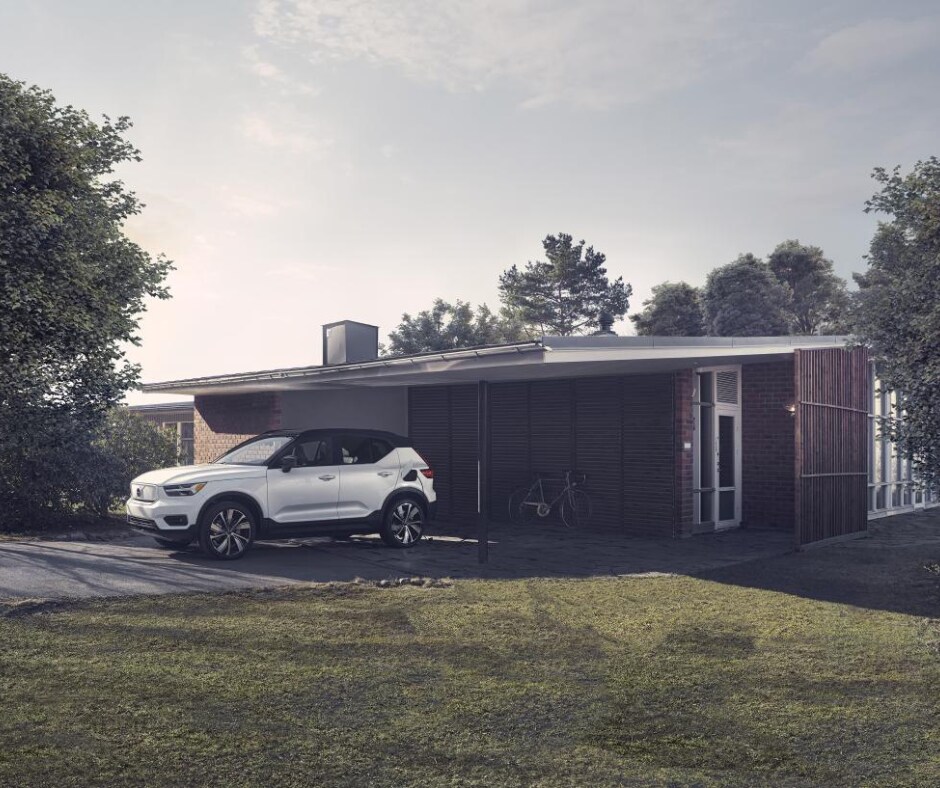
Volvo XC40 Recharge
- Starts at: $55,300
- After $7,500 tax credit: $47,800
- Horsepower: 402
- Combined fuel economy: 85 MPGe
- Estimated range: 223 miles
Volvo C40 Recharge
- Starts at: $58,750
- After $7,500 tax credit: $51,250
- Horsepower: 402
- Combined fuel economy: 87 MPGe
- Estimated range: 226 miles
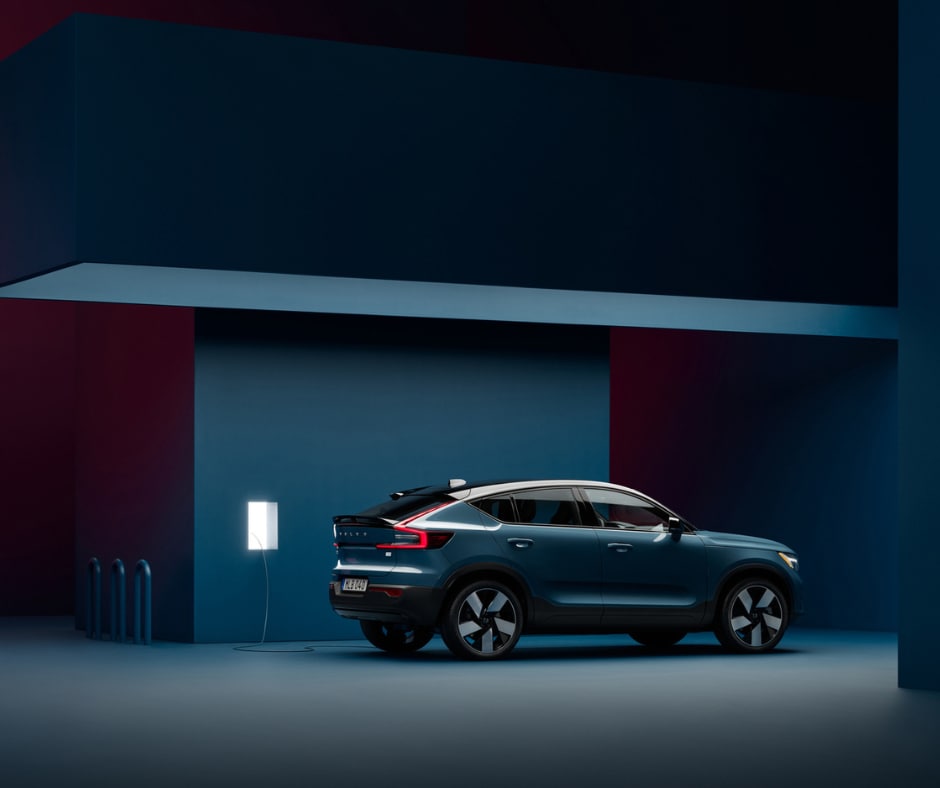
Common Questions
Other advantages of owning an EV include:
- Eligible EVs may also qualify for HOV lane access, which are normally restricted to vehicles with multiple passengers.
- Many electric companies offer lower rates based on the time of use. With EVs, you can save money by charging during off-peak times.
- If you're able to charge from work or home, there's usually no need to stop to refuel like you would in a gas-powered vehicle.
- EVs produce zero tail-pipe emissions resulting in cleaner air and better health.
This will vary depending on the local price of electricity and gas and where you are charging (at home or public charger), but most EV owners can expect to save on fuel cost. A recent Consumer Reports study found the “typical EV owner who does most of their fueling at home can expect to save an average of $800 to $1,000 a year on fueling costs over an equivalent gasoline-powered car.”
Source: Benjamin Preston. October 08, 2020. EVs Offer Big Savings Over Traditional Gas-Powered Cars.
https://www.consumerreports.org/hybrids-evs/evs-offer-big-savings-over-traditional-gas-powered-cars/A recent Consumer Reports study found “maintenance and repair costs for EVs are significantly lower over the life of the vehicle – about half – than for gasoline–powered vehicles, which require regular fluid changes and are more mechanically complex. The average dollar savings over the lifetime of the vehicle is about $4,600.”
Source: Benjamin Preston. October 08, 2020. EVs Offer Big Savings Over Traditional Gas-Powered Cars.
https://www.consumerreports.org/hybrids-evs/evs-offer-big-savings-over-traditional-gas-powered-cars/- Level 1 chargers use a standard household outlet and charge about 2-5 miles of range per hour, making Level 1 a good choice for plugin hybrid vehicles but not battery electric vehicles.
- Level 2 chargers can be installed at your home by a professional electrician and charge about 10-20 miles of range per hour. A good choice for any EV when charging overnight or all-day is possible.
- Level 3 fast chargers are the most efficient and can be found at commercial locations. Level 3 can charge about 60-80 miles of range in about 20 minutes, making it a good choice for any EV when a quick charge is needed on the go.
How Can We Help?
* Indicates a required field
 AdChoices
AdChoices